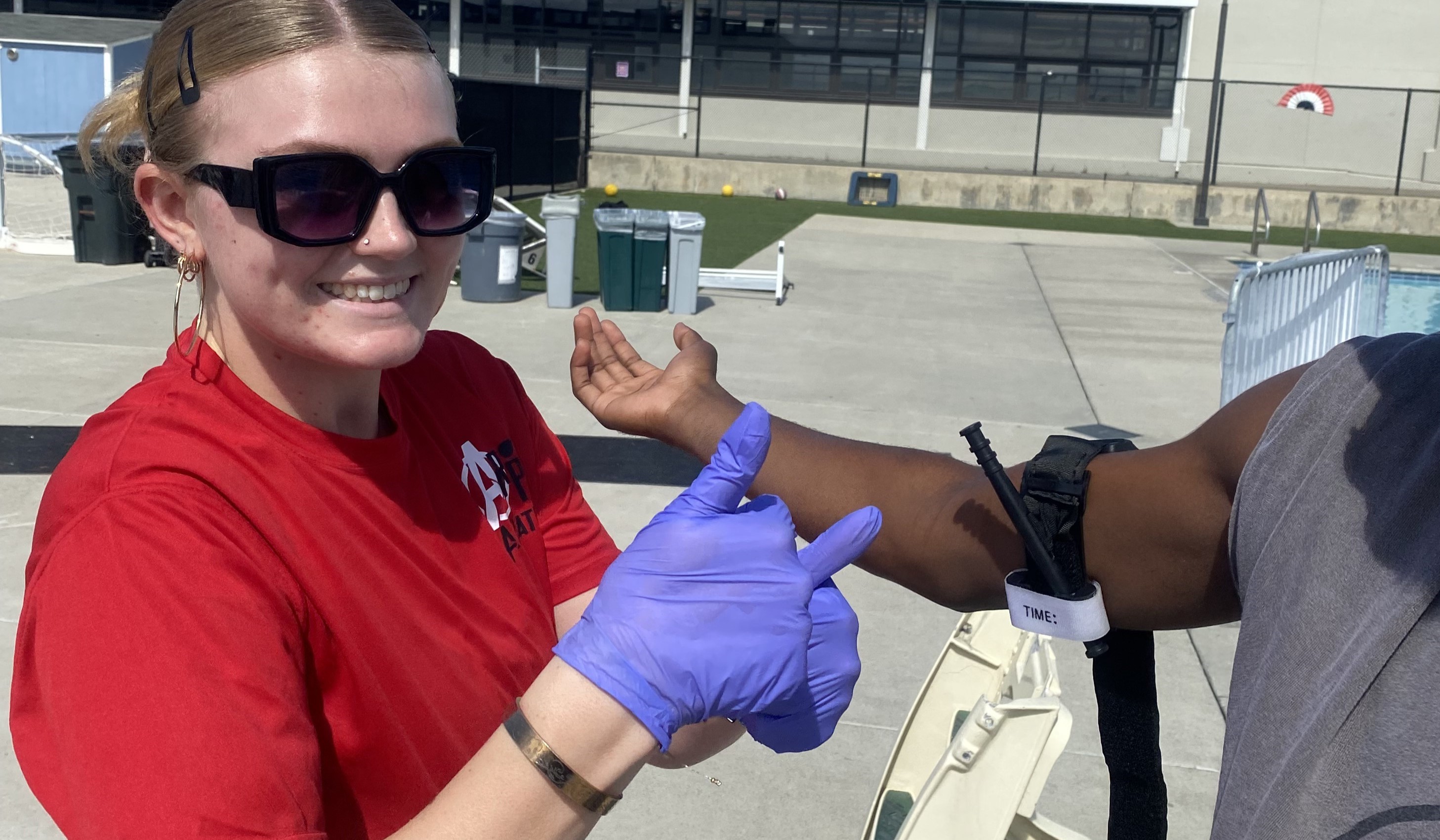Swimming pool pumps, heaters and portable spas likely will be subject to new energy efficiency standards in Florida. Gov. Charlie Crist is expected to sign the bill into law in June.
Similar to California’s Title 20, the bill calls for all pump motors 1hp and greater to be capable of operating at two or more speeds on residential pools. The requirements would go into effect July 1, 2011.
“We wanted some kind of [waiting period] for distributors’ purposes,” explained Jennifer Hatfield, director of government and public affairs for the Florida Swimming Pool Association. “You don’t want to have all this old product on the shelf that they can’t sell.”
Hatfield provided input for the law’s pool-related language, as did FSPA’s Energy and Sustainability Task Force, members of the APSP Technical Committee, and Gary Fernstrom of San Francisco-based Pacific Gas & Electric Co.
The waiting period would allow for the implementation of new manufacturing efficiency ratings for pool pumps. If the law goes into effect, pump manufacturers will not be able to sell motors that are split-phase, shaded-pole or capacitor start-induction run types. However, Steve Barnes hopes new information will establish a different kind of standard.
“The industry … doesn’t necessarily like prescriptive language that says, ‘Don’t use this kind of technology,’” said Barnes, who chairs the APSP Technical Committee. “But the problem is that the data doesn’t exist on what is a reasonable minimum efficiency [for pump motors].”
However, the efficiency ratings should be available soon, enabling the Florida Building Commission to add a new standard into the 2010 state building code.
In addition, spa manufacturers can wait on industry test standards to determine the new efficiency requirement
for portable electric spas, which dictate a limited wattage for powering the unit. The National Pool Industry Research Center in San Luis Obispo, Calif., currently is researching testing methods.
Barnes stressed that spreading awareness now will help smooth the transition for the industry.
“We in the industry have to ensure that the education is in place for pool builders and service companies to know how to use this technology to optimize each pool,” Barnes said.


